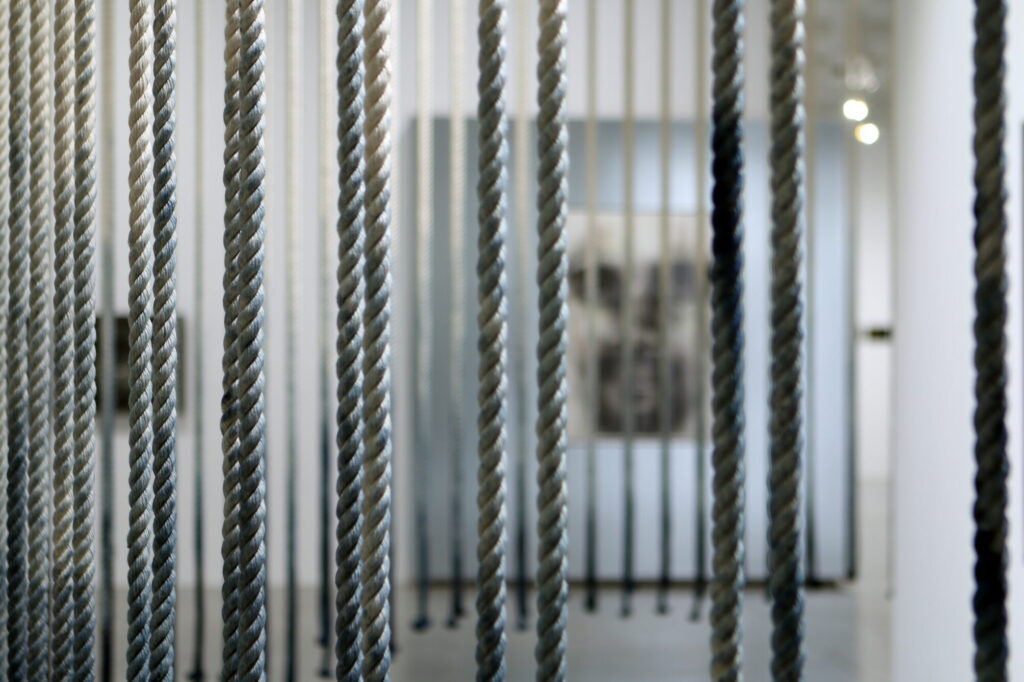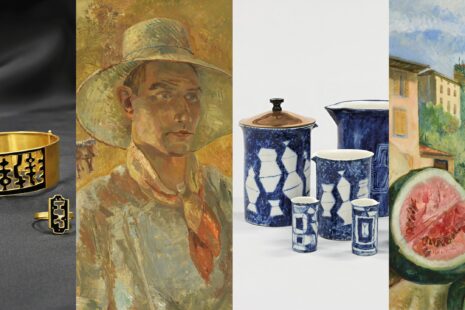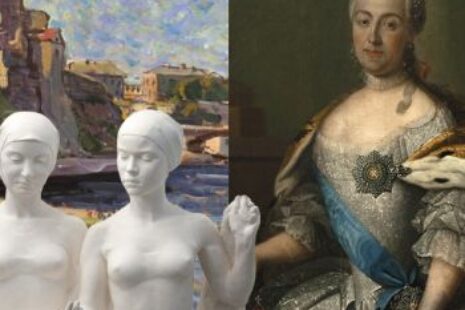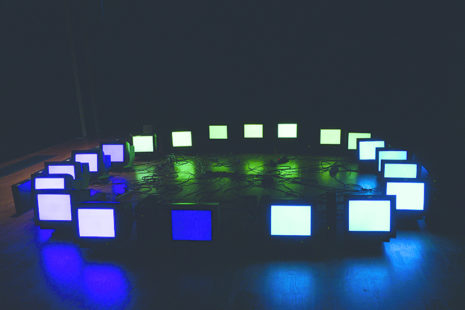The exhibition is curated by Shaheen Merali, a curator and writer based in London, who explores the intersection of art, cultural identity and global histories.
India has always existed, long before the era of hashish, hashtags and Hindutva. It exists simultaneously as a civilisation, the Raj, a state, an empire, a colony, an independent country, a rogue nation, a tribal enclave and a superpower. Known as the world’s largest democracy, the globe’s pharmacy, home of the most extensive railway network and Bollywood – the world’s most prolific film producing industry – India is one of the planet’s most populous and diverse nations, with thriving cultures across 28 states and 8 union territories.
The term Cloak and Dagger has specific connotations in popular culture, providing a useful ploy for game-playing in family settings. But as a genre, espionage in cinema, theatre, publications and more recently on televisual serialisations, it has enjoyed a great deal of public attention. Now more than ever, Cloak and Dagger plays a central role in the current merger between authoritarianism and the commodification, by surveillance capitalism, of personal data. Every time we are online, we are effectively consenting or rejecting the Cloak and Dagger tactics of processing data.
The exhibition features 57 works from the Zuzāns Collection, two films by Natasha de Betak and a site-specific installation, Spring by Paris-based artist Debesh Gosvami, in the open-air sculpture garden. The making of the exhibition took place across multiple continents while restrictions were in place everywhere, while people in India were held hostage, as they continue to be, by the spiralling dimensions of the second wave of the coronavirus.
The anticipation of artists from India might seem strange, prophetic even. But it is based on their keen observation of their country. Prediction is a moment of departure and many of the works in the exhibition were made at a time of heightened awareness by artists forced to cope with an even more precarious state of political agitation.
30 artists: Vinod Balak, Baalaa R., Natasha de Betak, Yuvan Bothysathuvar, Dilip Chobisa, Prajjwal Choudhury, Amshu Chukki, Midhun Gopi, Debesh Goswami, Probir Gupta, Sakshi Gupta, Zarina Hashmi, Zakkir Hussain, Arun K. S., Aneesh Kalode Rajan, Abir Karmakar, Siji Krishnan, Rajan Krishnan, Subrat Kumar Behera, K. M. Madhusudhanan, Nalini Malani, Sarika Mehta, Prathap Modi, Krishna Murari, Manish Nai, Parvathi Nayar, Ratheesh T., Anupam Roy, T. V. Santhosh, Priti Vadakkath.
Exhibition narrative by Shaheen Merali. Exhibition architecture by Evelina Ozola. Project director Ieva Zibarte.
Photography by Maris Lapins.
Gallery name: Zuzeum Art Centre
Address: 101 Lāčplēša Street, Riia
Opening hours: Mon-Sun 10:00 - 20:00
Open: 05.06.2021 - 21.11.2021







